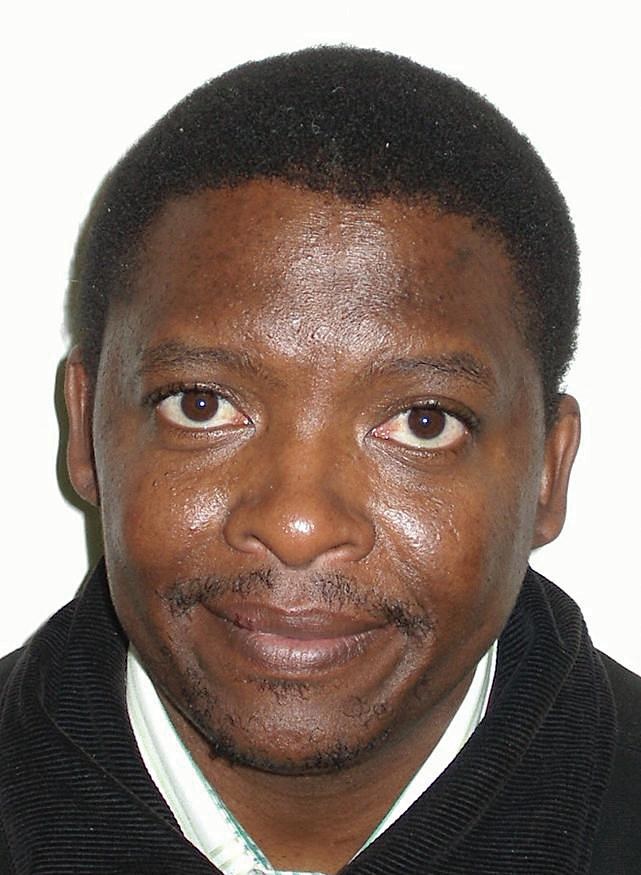
To what extent are the customs of any African society indigenous or traditional? This is the question raised by Nigerian professor Ifi Amadiume in her seminal text, Male Daughters, Female Husbands: Gender and Sex in an African Society. Amadiume’s question is important, considering that so much of Western culture has been smuggled into African culture, to the extent that we celebrate Western culture in the mistaken belief that it is our African culture.
Three weeks ago, a South African newspaper reported that Gloria Makwedini, Nelson Mandela’s niece, complained that Madiba’s grandson Mandla Mandela’s act of embracing his wife Rabia Clarke’s Islam was wrong because it was “contrary to our culture for someone to leave his religion for that of his wife”.
Assuming Makwedini was referring to Xhosa or African culture in general, her statement must be interrogated, since it has the potential of entrenching the oft-repeated false view that our culture promotes male superiority.
Before Africans encountered Christianity or Islam, there was no question of us having to leave one religion for another. We did not even have the word ‘religion’ in our lexicon because our ancestors worshipped the Supreme Being and revered the ancestral spirits.
The question of conversion only arose with the arrival of the above-mentioned religions. Because Christianity came with many denominations and Africans followed suit, when marriages took place, often wives followed their husbands’ denomination. But this is not “our culture”, no matter how entrenched Christianity is among Africans – in the same way that Islam is not our culture.
In our culture, marriage ties both families in a reciprocal union. When the man’s family proposes to the woman’s family, they ask for what in isiXhosa is known as “ukuzalwa” – a request to be born in that family. The implication is that just as the wife-to-be becomes the daughter of the groom’s family, the husband-to-be becomes the son of the bride’s family. So, the newlyweds “join” each other’s families. Both families slaughter animals to introduce the couple to each other’s ancestor spirits.
Even if the bride settles in the groom’s home, she does not give up her clan name or adopt the rituals of her husband’s ancestors. If she is MamTshawe, she remains that and performs the rituals of amaTshawe. It is a European tradition for a bride to adopt her in-laws’ surname.
Making these observations is not being indifferent to Makwedini and many Africans anxious about African culture being dominated by Islam through their chief’s embrace.
Unlike among Christians and Muslims, who to this day debate whether a woman can be a priest or an imam, or address a congregation with men present, in “our culture” this does not arise. A female igqirha (traditional doctor) presides over some rituals in which even men of that particular clan cannot. All this is not the same as being insensitive to fears of erosion of African culture by Islam.
Under normal circumstances, this should not be the case, because even though Islam was revealed through an Arab prophet, Muhammad, it does not belong to the Arabs but to all humanity, as the Koran states.
When Islam was revealed, the Meccan Arabs persecuted and killed Muslims to the extent that when the first Arab “converts” fled to Abyssinia, the Meccans pursued them and told Negus, king of Abyssinia, that Islam stood opposed to the religion of the Arabs’ ancestors.
But this is cold comfort for Africans when those who embrace Islam take on Arabic names and dress codes, wrongly called “Islamic” names and dresses, when in fact the early converts of Islam – Muhammad, Abu Bakr, Umar and Ali – retained their original names.
As Africans, let us raise our legitimate concerns logically, and avoid tripping ourselves up in the process by blindly attacking or defending one or other faith – Christianity or Islam in this case – and claim the practices we have inherited are “our culture”.
Sesanti is an associate professor at Unisa’s Institute for African Renaissance Studies




 Publications
Publications
 Partners
Partners








